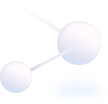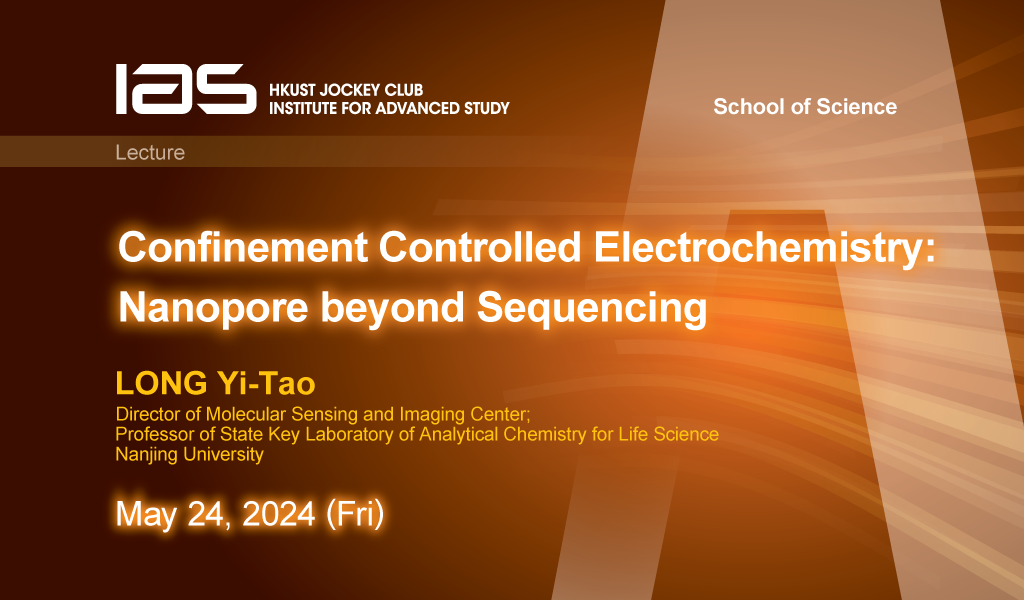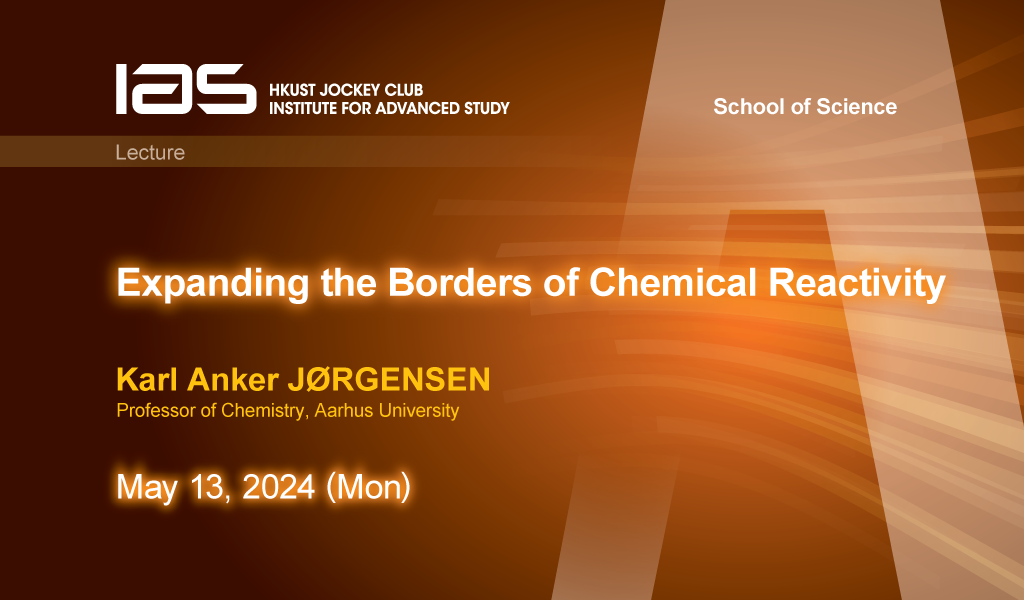For Attendees' Attention
This talk will be held online via Zoom. To attend, please join the Zoom meeting at https://hkust.zoom.us/j/91940092980 (Meeting ID: 919 4009 2980 / Passcode: 035998).
Abstract
Quantum circuit complexity — a measure of the minimum number of gates needed to implement a given unitary transformation — is a fundamental concept in quantum computation, with widespread applications ranging from determining the running time of quantum algorithms to understanding the physics of black holes. In this talk, the speaker will introduce her recent results on quantum circuit complexity via quantum resource and quantum Wasserstein distance.
This talk is based on the speaker’s recent joint work with Arthur JAFFE, Seth LLOYD, Kaifeng BU, Dax KOH and Roy GARCIA (arXiv:2204.12051, 2208.06306).
About the Speaker
Prof. LI Lu received her PhD in Mathematics from Zhejiang University in 2020. She was a member of Prof. Arthur JAFFE’s research group on quantum information and quantum computation at Harvard University in 2019. In November 2020, she joined the Department of Mathematics of Zhejiang Sci-Tech University.
Prof. Li’s research focuses on quantum resource theory and quantum circuit complexity.
About the Center
For more information, please refer to the center website at https://iascqt.hkust.edu.hk/.




